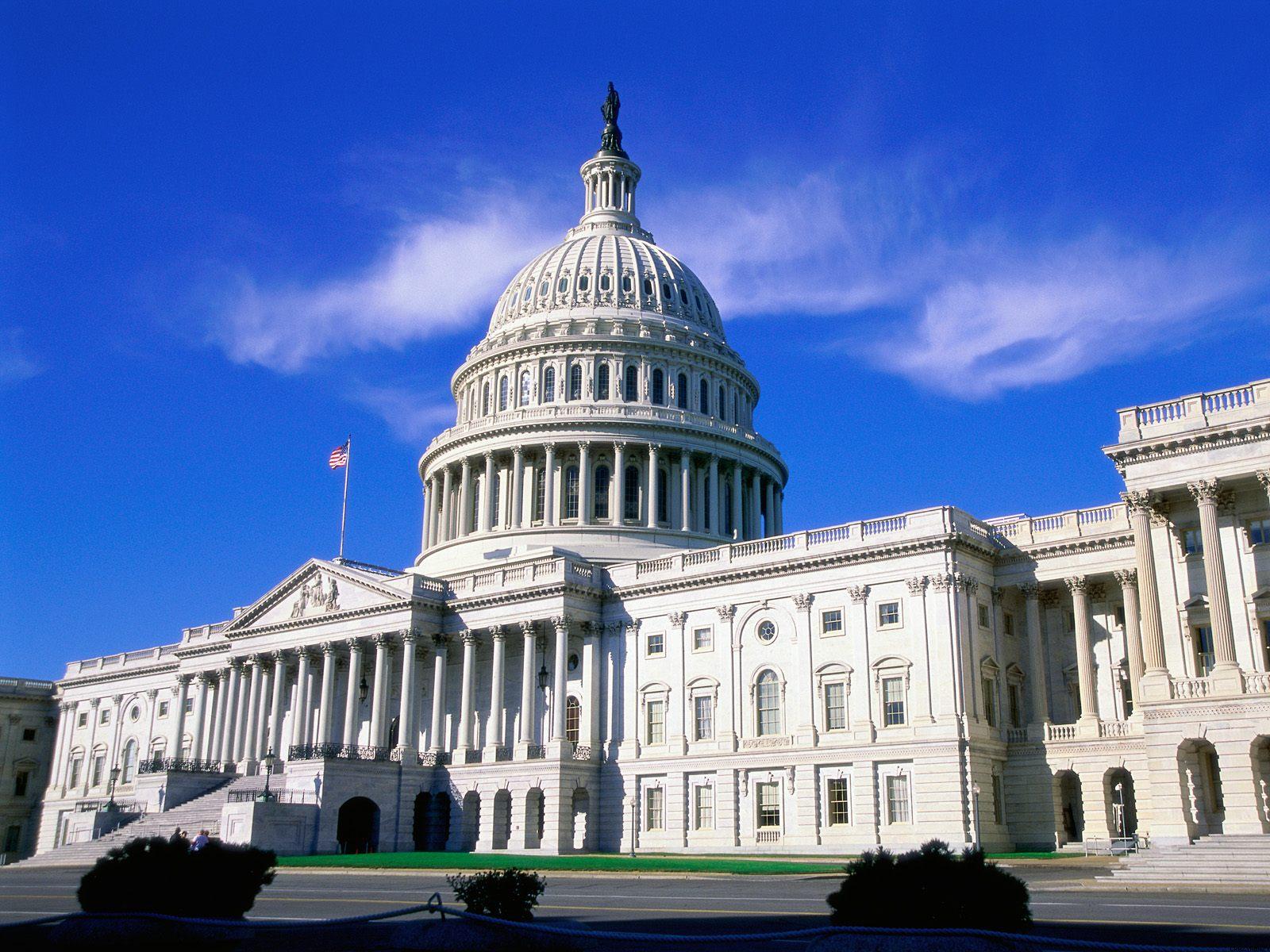 These days there are a plethora of tools, technologies and online services that allow songwriters to publish their own songs. So why sign with a music publishing company when you can seemingly do it yourself? Here are just a few of the reasons why going it alone may not always be the best choice.
These days there are a plethora of tools, technologies and online services that allow songwriters to publish their own songs. So why sign with a music publishing company when you can seemingly do it yourself? Here are just a few of the reasons why going it alone may not always be the best choice.
1. FREE YOURSELF.
When you decided that music was your career calling, you had big dreams of issuing license paperwork, negotiating rates, chasing down cue sheets, collecting fees, and reconciling accounting statements, right? You didn’t? Well then a music publisher will do all those things so you can be free to do what you really love and should be doing: writing music, playing shows if you’re also an artist, and engaging with your fans.
2. RELATIONSHIPS.
Music publishers have built their businesses on relationships. Relationships songwriters may not have the time or the ability to create on their own. These relationships help create opportunities to place your music with recording artists, synced in films or television shows, or to write with other songwriters and producers. Real opportunities that may fuel growth for your music and your career. Relationships you may not be able to foster yourself or by using an online publishing administration service.
3. CREATIVE DEVELOPMENT.
Speaking of which, online companies have no vested interest in you, the songwriter. They simply collect some of your royalties on your music that you otherwise wouldn’t be able to collect. Most publishers, on the other hand, invest human and economic resources into your creative growth as a writer. A publisher can provide feedback on new songs or works in progress, send you briefs to spur new writing ideas, as well as set you up with co-writes to help you grow through collaboration. Many publishers also hold songwriter boot camps and other writing workshops where there are opportunities to hone and develop your craft.

4. COPYRIGHT INTRICACIES.
You may have written a certain song because of being inspired. But you know what’s not inspiring? Properly filling out a copyright registration for that song. Also on the list of not-inspiring: registrations with ASCAP, BMI or SESAC; negotiating direct public performance licenses; foreign Common Works Registrations; managing YouTube Content ID; monitoring for and collecting unlicensed uses. Have you brushed up on your knowledge of the Consent Decrees and the Songwriters Equity Act moving through Congress? How about how compulsory licensing affects your writer income? Still feeling inspired? It’s completely okay if the answer is no. Copyright law can be very intricate. However, publishers know these intricacies well as all they do is navigate the world of copyrights. Your song was born out of inspiration but once it entered the world, it has a legal standing deserving of being protected by a knowledgable bodyguard.
5. EVERY LAST CENT.
Publishers are well versed on the marketplace and can negotiate the best possible license fees for your songs. As an independent writer, you may not be aware of the market rates for certain license types, when it’s correct to push back in negotiations, or what ultimately is the true value of your songs. As well, in today’s music industry there are more opportunities than ever to earn money for your music. Between all the digital music streaming platforms, foreign mechanical royalties, micro-sync licensing, YouTube ad revenue, and so on, it can be overwhelming to properly manage the volume and diversity of these possible income sources. Since this is all publishers do, they can achieve what’s known as an economy of scale where it’s more efficient for them since they have already invested in systems and technologies used within the industry.
Marc Caruso is CEO of Angry Mob Music, a diversified independent music publisher.